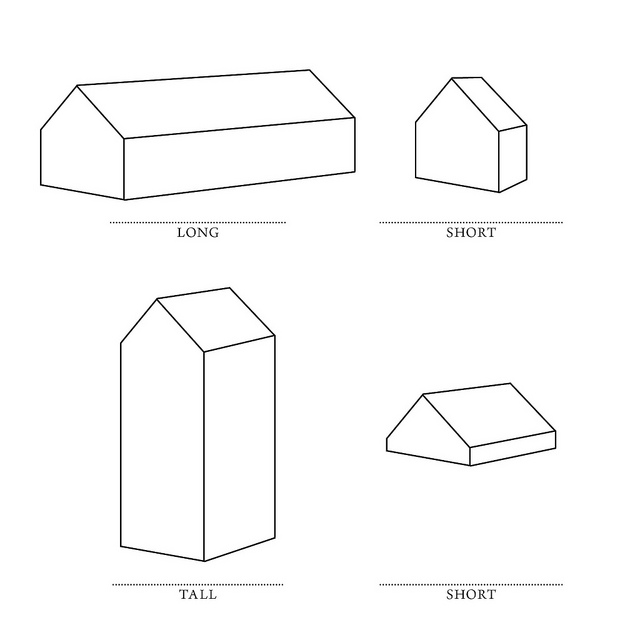There are no short cuts to writing short.
It’s hard. It takes practice. Even Mark Twain thought so, as he famously said: “I didn’t have time to write a short letter, so I wrote a long one instead.”
There are, however, a few good reasons to try:
- FOB – A magazine’s “front of the book” departments are the first place freelance writers are advised to pitch at a publication they’ve never worked with before. FOB stories are generally short.
- Story packages – USA Today popularized this non-linear storytelling technique of breaking information into multiple parts consisting of a short main story, sidebars and graphics. The concept was adopted by papers everywhere and has risen to new heights online.
- The Web – Stories written for the Web are shorter to match online readers’ short attention spans. Writers need to write accordingly.
- Blogs – Some of the best blogs have pithy, short posts that pack a lot into a small space. A good example is viral marketing guru Seth Goldin’s blog post on how to drive traffic to your blog. It’s one giant, hilarious list, clocking in at 575 words. Bonus: master the short blog post and it’ll help your other writing (see above).
Different Approaches to Writing Short
Writers take different approaches to writing short. When I posed the question “How do you write short?” on the Writing and Editing section of the LinkedIn Answer board awhile ago, more than 50 writers weighed in. The advice was all over the map. It basically boiled down to a few approaches:
- The Haiku Method – Choose words carefully and use as few as possible.
- The Diarrhea Method – Pour it all out then trim judiciously.
- The Newshound Method – Follow the classic inverted pyramid structure, covering who, what, where, when, why and how, in descending order of importance until you run out of space.
- The Lists Method – Use lists, bullets and other devices to summarize material. This is a favorite of Web editors and writers because the result is dense, meaty stories that cover a lot of ground in a short time.
I write a lot of 500-word stories and I’ve come up with my own tricks for writing short.
My Shortcuts to Writing Short
1. Plan.
Start thinking about a story’s length and structure when you craft a query letter or get an assignment. If you’ve got an idea of what material you need and how you’ll present it, you can structure interviews and research accordingly, and in the process, eliminate unnecessary work.
2. Structure.
Tailor a story’s structure to its size. Save the three-paragraph anecdotal opening for another time. For a short story you need a snappy lead, a nut graph up high to tell readers what it’s about and why they should care, all the relevant details and a short conclusion.
3. Edit yourself.
When you’re finished, go over a story once, twice, three times to cut excess baggage. Read it out loud to spot clumsy passages that could be more succinct. When in doubt, leave it out.
4. Use a word counter.
And that’s exactly 500 words on writing short.
[Flickr image by bjornmeansbear]

Wow, Michelle–talk about practicing what you preach. Way to condense a broad spectrum of results into one efficient article!
There’s no question that different media require different copy. Sitting down with a long article in a magazine is a relaxing and involving event. For the web, getting the job done in the least space possible is the ticket. You’ve given professional and amateur writers a capsule summary of the most popular approaches to telling the full story in small space. Good work!
This is a great post, Michelle. Are you writing for The Writer. You should submit a version of this as a query. It could totally be expanded into a full feature. And I’d love to learn others ideas/anecdotes on the topic.
Thanks for sharing your quick tips on how to write short.
All my best,
Jackie Dishner
http://bikewithjackie.blogspot.com
Great tips. I trim my count with a game. Regardless of length, I try to get 20% out of the first draft, and another 10% out of the second. It’s not very scientific, but it helps.
This is such good stuff! Apparently I never have enough time – ala Mark Twain!
great tips i say all writers follow this short story is better then long easy to read and not wastage of time
I have to agree that writing a short is difficult if you don’t know how to condense everything in just 500 words. Way to go in coming up with one with this post. Great tips…thanks for sharing!
ChatEbooks recently posted https://www.chatebooks.com/blog-Dont-Want-to-Join-Book-Clubs-Try-Finding-a-Book-Buddy-Instead